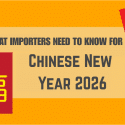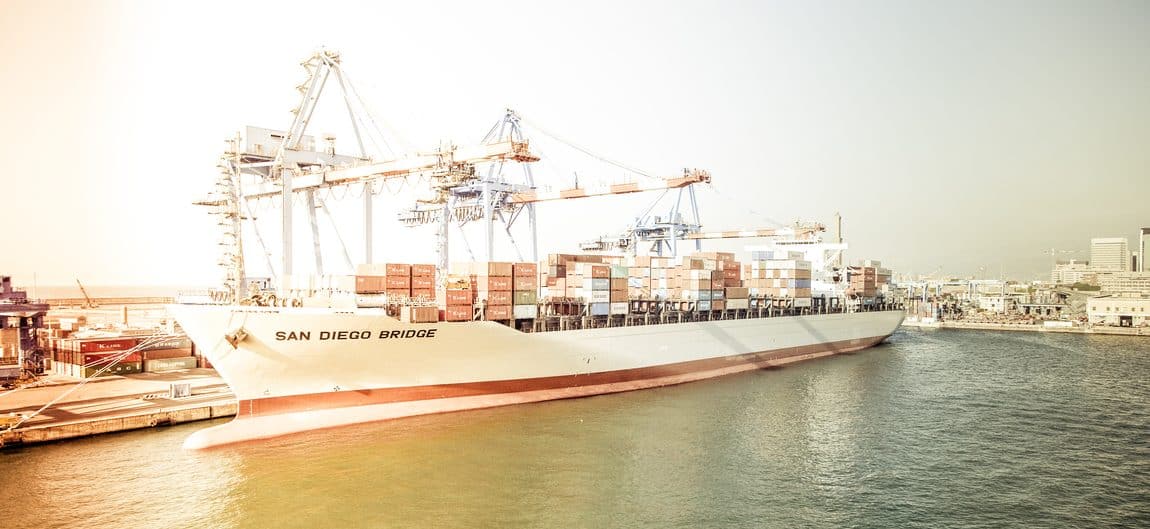The emergency meeting was requested both by representatives of national shippers’ councils and individual export companies due to the continually worsening conditions of the sea freight market.
Due to the decreased demand for sea freight, shipping lines have been reducing their sailings – therefore reducing their capacity. While this was an effort to stabilise the freight rates and adjust to the market, it has had a negative impact. ESC said that in the wake of these changes, carriers could not ensure that all goods within a shipment would be loaded onto the ship. In fact, one of the issues that ESC cited was that: “Frequently, some goods from a shipment remain in the port. At the same time spot market freight tariffs are increasing.”
These issues affect exporters, causing delays of up to eight weeks for eastbound cargo (from Europe to Asia). European shippers who export goods to Asia have reported a large drop of available slots for containers on almost every shipping line. Such a large disruption in the supply chain can cause exporters to lose out on a lot of business and renders them unable to fulfil their existing contracts. ESC voiced the concern that: “These developments are forcing many traders to cancel their existing sales contracts and limit further sales.”
Due to these problems, ESC has disclosed that its members have run into problems such as some liners breaching contractual commitments, difficulty getting boarding slots before May and the freight rates fluctuating to the point that there are 45% increases to ensure a booking.
Moreover, the lack of availability for sea freight means that there has been a surge in demand for air freight – which means that there’s also been a significant hike in the rates. These rate increases are mainly to east Asian markets such as Korea, Japan, and China.
The first signs of this problem with the market were acknowledged as early as last November, when there was a marked increase in blank sailings. Recognised maritime news-outlets such as Lloyd’s Loading List have been reporting on the fact that European exporters are having trouble getting their goods aboard eastbound sea freight vessels due to capacity issues since March.
As a result of the emergency meeting, ESC have set up a temporary observer group to monitor the situation. “They will analyse the changes in capacity, the time of delays, and the fluctuation of rates,” the ESC said. “The data collected will be used to decide on possible next steps. ESC will be regularly informing press and competent authorities of intermediate and final results of this exercise. ESC will meet DG Competition in the early summer to give them an informed view on the present crisis and discuss strategies to prevent this from happening again in future.”
If you’re an importer, this problem shouldn’t affect you too harshly – if you would like to talk to us about how this will affect you, feel free to contact us by emailing info@shippo.co.uk or calling 020 3384 0498.
Latest posts…

Riding Into The Year Of The Horse: Key Dates For Importers
Are You Planning On Importing In January 2026? We know Christmas isn’t over yet but Chinese New Year is fast approaching with little time to

Solving Lactose Intolerance, One Shipment at a Time!
When Ariane moved to London from Germany, she thought finding something as simple as Lactase supplements would be simple. Feeling frustrated, she realised she wouldn’t

Importing Success Stories – How Does it Work?
We want to understand the passion behind your business, whether that be for doggy bags or unique furniture! That’s why we’re offering £100 off your
